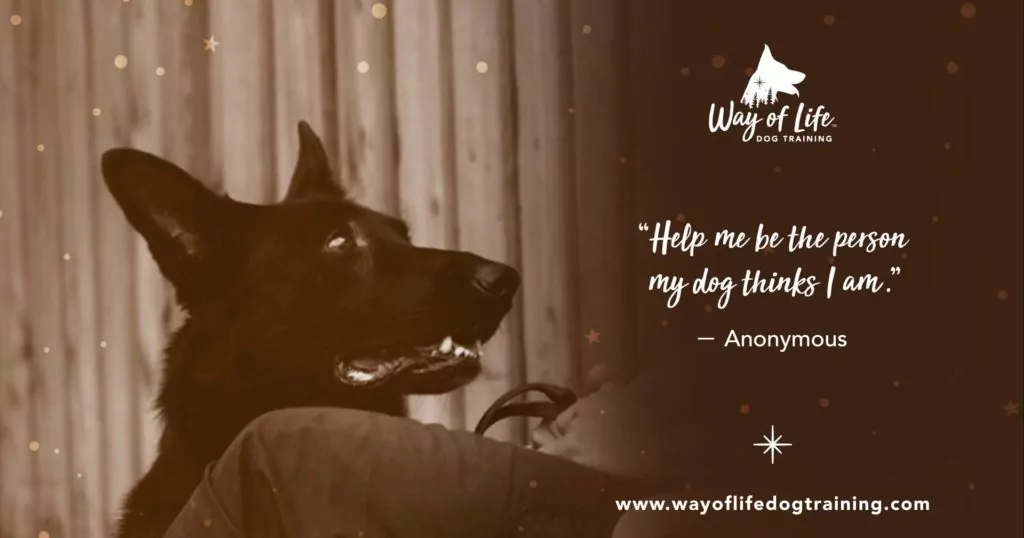
“How do we deal with feeding?” asked my new client. Unsure what she meant, I asked for clarification. She explained that their previous trainers had advised they hand-feed their dog at every meal, as a way of preventing food aggression.
Sadly, this is not the only example of practices in the dog training world which assume that unless we do these things, our dogs will turn against us. With food aggression, people aren’t only advised to hand-feed dogs to prevent aggression around food but to also touch dogs, talk to them while they’re eating, and take food away from them. We don’t see how pestering dogs while they’re eating is one of the reasons they start tensing up around their meals.
Related to this is the practice of taking things away from dogs and prying things out of their mouth. One prospective client told me with pride how good their dog was in accepting having things taken from him. “Probably not for long,” I thought to myself.
How about the extreme socialization we subject dogs to, believing that unless we do this, they’ll become fearful, anxious, and reactive? Yet, such excessive socialization is in fact to blame for the very fearfulness, anxiety, and reactivity seen in dogs these days. These dysfunctions are their best way of coping with such exhausting social demands.
Sure, there are different ways of doing things. Yet, we need to be discerning about approaches that trust dogs and our ancient bond with them versus approaches that think dogs are wild creatures, ready at any moment to become hostile towards us. We need to consider whether the advice we receive sees our dogs as friends or foes.
We forget the centuries we’ve shared with dogs, this ancient bond that ties us together. Dogs have primal tendencies we ought to understand, cherish, and respect, for sure, but they are also a domesticated animal wired to please us and work with us. How we see our dogs will be reflected in the kinds of dogs we see – friends or foes.